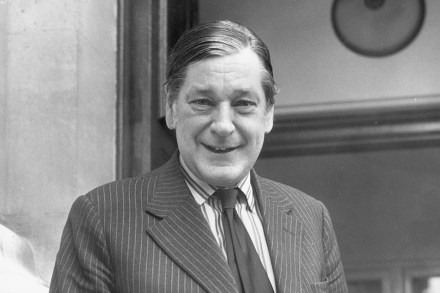Assisted dying is a slippery slope
What are your thoughts on assisted dying and assisted suicide? That’s the question asked by a Health and Social Care Committee consultation, closing today, that could shape changes to the law on euthanasia. Having had intimate experience of what can happen when a vulnerable person feels themselves to be a burden, I’m against. My mother had Parkinson’s, and once she burst out to me that: ‘You’d have so much more time and money if it weren’t for me’. It would be the easiest thing in the world to push someone in that condition towards feeling that it would be better for everyone if she were given a dignified death. Actually





















